Categories
New Blog
Sustainable and Convenient: The Benefits of Compostable Food Packaging
March 30 , 2023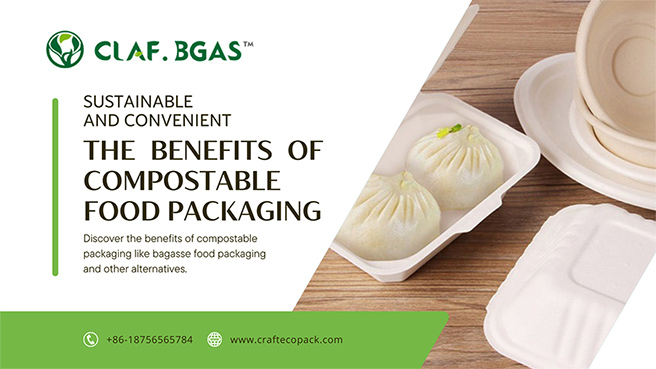
When plastic packaging was invented in the 1930s, it was a revolution of its own kind. Saran was the first type of plastic material used for military equipment and later for food packaging in 1954.
The food industry overwhelmingly welcomed it until the sustainability issues of plastic food packaging were highlighted. The main problem with the traditional plastics used in food packaging is the contribution to water and land pollution. Many developments and innovations are also made in traditional plastic food packaging, but the hazards are still there.
Therefore, more sustainable plastic packaging alternatives have been introduced in the market. Biodegradable plastics, compostable packaging material, sustainable and recyclable materials, etc., are some of them.
Compostable food packaging is biodegradable and usually derived from recycled or plant-based materials. It is a sustainable and convenient solution that solves the problems and environmental challenges faced due to plastic packaging. Common materials include wood pulp, bagasse(sugarcane by-product), potato starch, etc.
In today’s article, we will talk about the benefits of compostable food packaging for the environment, businesses, and society.
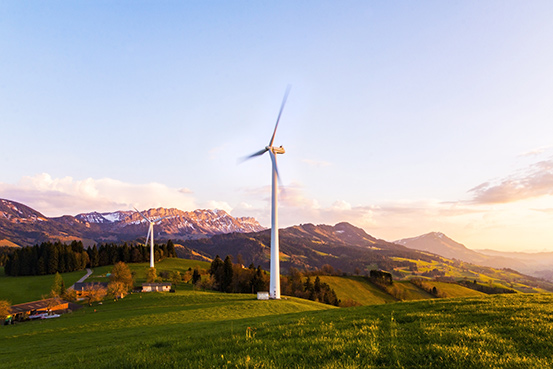
source: pexels
As mentioned earlier, sustainability is the world’s biggest challenge with plastic food packaging. Therefore, adopting sustainable alternatives has been the supreme focus of the stakeholders. If we talk about the compostable food packaging benefits, the sustainability benefits come at the top:
Firstly, compostable packaging is not causing as much harm to the environment as the plastic alternative.
28.8% of municipal solid waste in the US comes from packaging, and only 8.5% of 35.7 million tons of plastic waste is recycled. Noncompostable plastics will remain in waste for centuries, but the widespread use of compostable food packaging alternatives reduces plastic waste and landfills.
Another obvious benefit of using plant-based compostable food packaging materials is a reduction in carbon footprints. The carbon emissions with the adoption of compostable material are far less than plastic use. However, these reductions can be achieved with improved production processes, convenient disposal and recycling facilities.
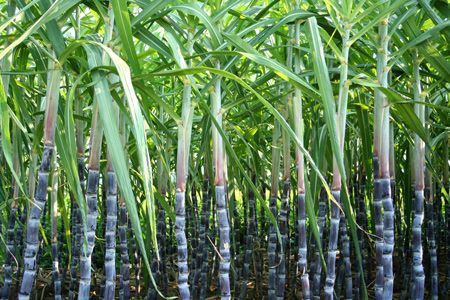
source: pinterest
Sustainability implies that we should be responsible for the consumption of natural resources and the environment so that future generations have enough resources to consume. Therefore, the role of renewable energy and resources is of great importance.
And it’s where compostable food packaging materials come into the race. Most of such materials are derived as a by-product of several processes and through recycling. Paper packaging comes from wood pulp; bagasse packaging comes from bagasse, a major by-product of the sugarcane industry; bamboo paper is derived from bamboo fibers.
Renewable and biodegradable materials are better than one-time-use plastics in most ways related to the environment. Renewable plastics and compostable materials are efficient, eco-friendly, and contribute to reducing pollution. The cost-effectiveness of plastics can be better than compostable ones, but in the long run, renewable resources leave plastics behind.
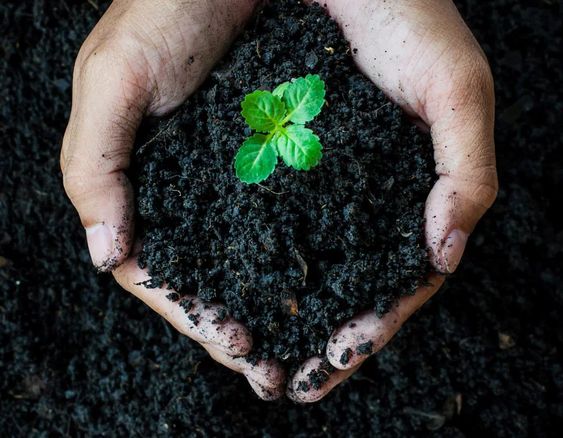
source: Pinterest
Composting can be home composting or commercial composting. However, we are concerned about commercial composting, which is a controlled aerobic process in which the organic material is naturally biodegraded into mulch. In commercial composting, the process is sped up by a network of pipes blowing air into and sucking the air out of the waste pile.
The process of composting is beneficial for the environment. It is a way to return something to the soil from which we are getting vegetation. The composting process fertilizes the soil and improves the soil’s health, reducing the need for chemical fertilizers and increasing the yield of agricultural crops. At the same time, it will also improve the downstream water quality as the compost retains most pollutants.
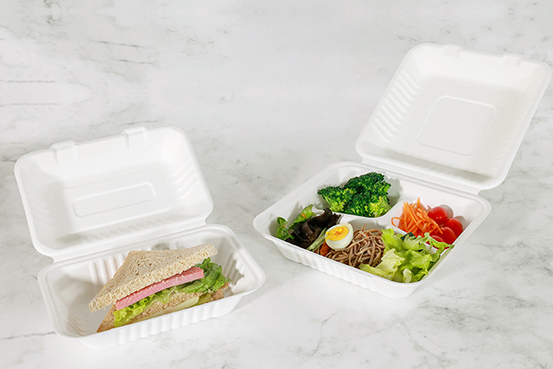
Regardless of how socially responsible a business prioritizes the convenience of the solutions over the environmental aspects of anything. Therefore, the convenience benefits of compostable food packaging must be discussed so that businesses would know if it balances their business equation.
From a business point of view, the shelf life and durability of the packaging material matter a lot. The business will prefer if the material is durable enough to keep the food texture intact without damage or leakages. Similarly, the material’s shelf life decides how feasible it is to procure such a solution.
Let’s compare the durability of traditional and compostable food packaging side by side. Compostable food packaging is as durable as traditional plastics. However, when it comes to the shelf life of materials, compostable packaging retains food quality better than plastics. Additionally, it also prevents the chemical contamination of food kept in plastic packaging.
We already talked about the efficiency of compostable packaging in retaining the food structure and taste by preventing chemical contamination. Compostable food packaging, like bagasse packaging, paper packaging, bamboo paper, etc., widely fits different types of food products and gives the end user more options. These materials are compatible with almost all types of cooked and uncooked food items.
Compostable food packaging solutions are also user-friendly in that users might opt for home composting in their backyard without worrying about recycling or disposal of the packaging containers.

source: Pinterest
Yet another benefit of using compostable food packaging marketing and the consumer appeal of such packaging solutions. A general trend of consumers opting for sustainable solutions can be a marketing point for businesses leveraging compostable food packaging like bagasse food packaging, paper, cardboard, etc.
Similarly, adopting sustainable packaging solutions has positive impacts on a business’s brand image. Your business practices have a stern impact on how the consumers in the market look at you. Therefore, the environmental-friendly move of compostable food packaging will work as a charm for your brand image.
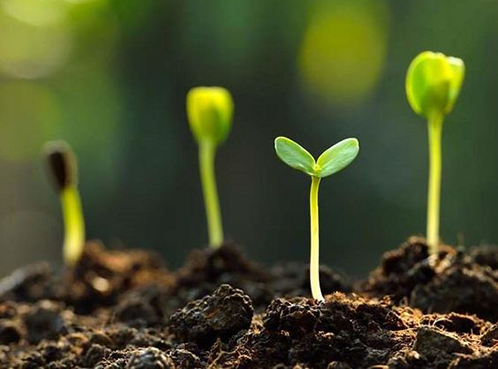
source: Pinterest
Compostable food packaging solutions like bagasse food packaging, bamboo paper, paper, cardboard, etc., have many benefits for the environment, businesses, and consumers. From reducing pollution & carbon footprints to the use of renewable resources and retaining food structure to being user-friendly, compostable packaging solutions offer several benefits for the world.
As a food industry business, opting for compostable food packaging solutions instead of regular plastics is the right move at this time. However, choosing the right manufacturers offering the most cost-effective solution for your food business is also important.
Hefei Craft is a wholesale manufacturer of compostable food packaging that can provide you with promising rates and a supply of eco-friendly packaging.
Although the short-run costs of such packaging solutions might be high, the promising advancements and developments will improve cost efficiency in the long run. Therefore, we can hope more businesses adopt eco-friendly compostable food packaging to avoid plastic food packaging problems.